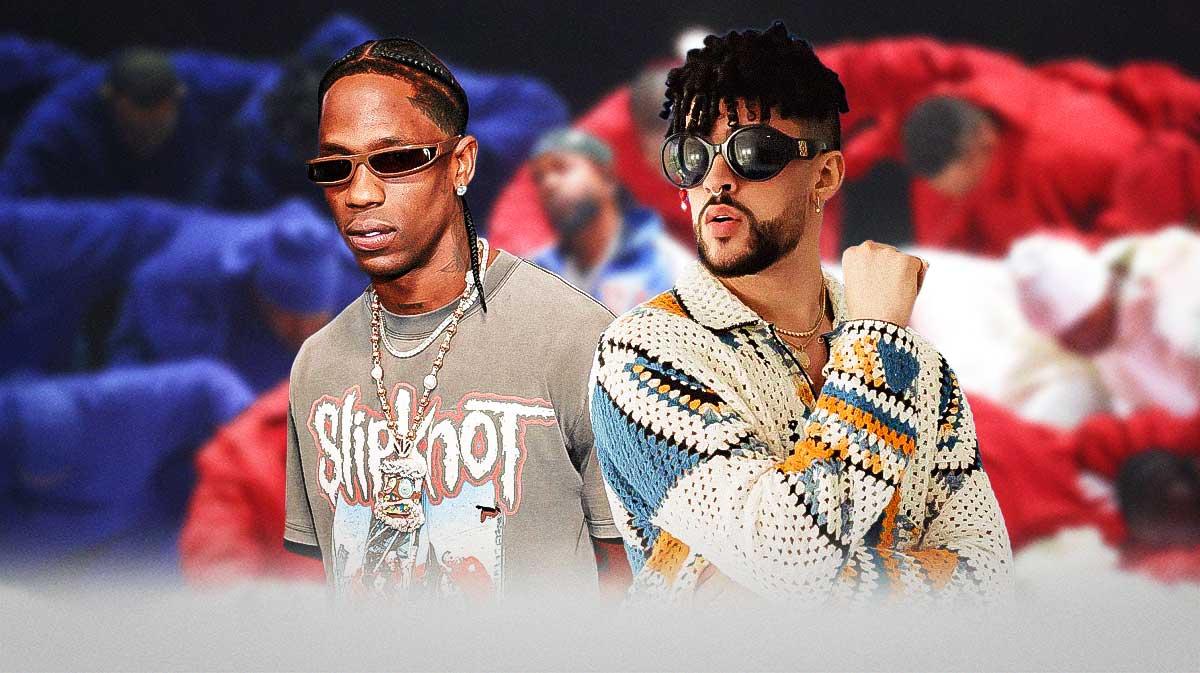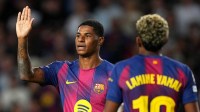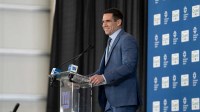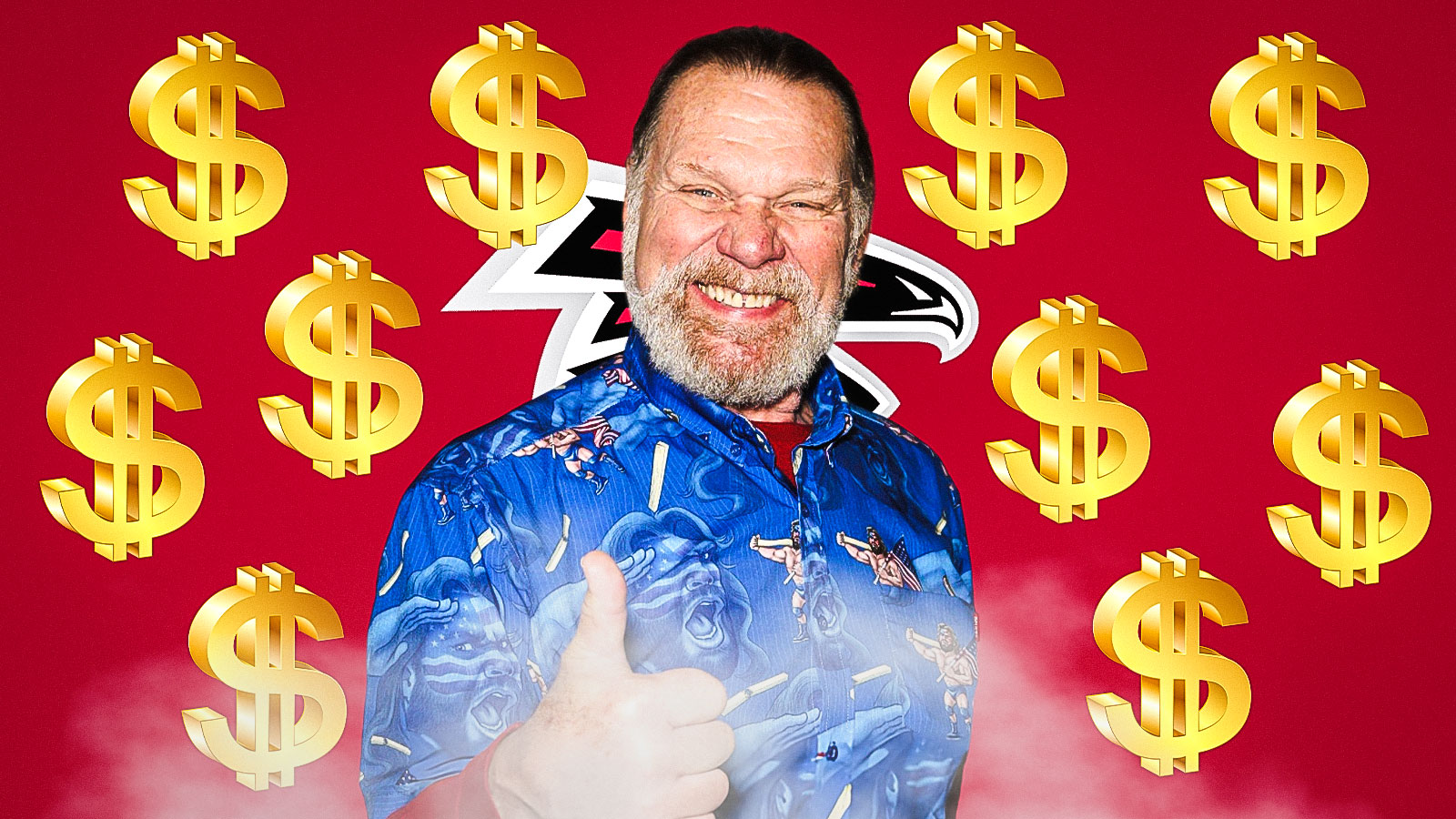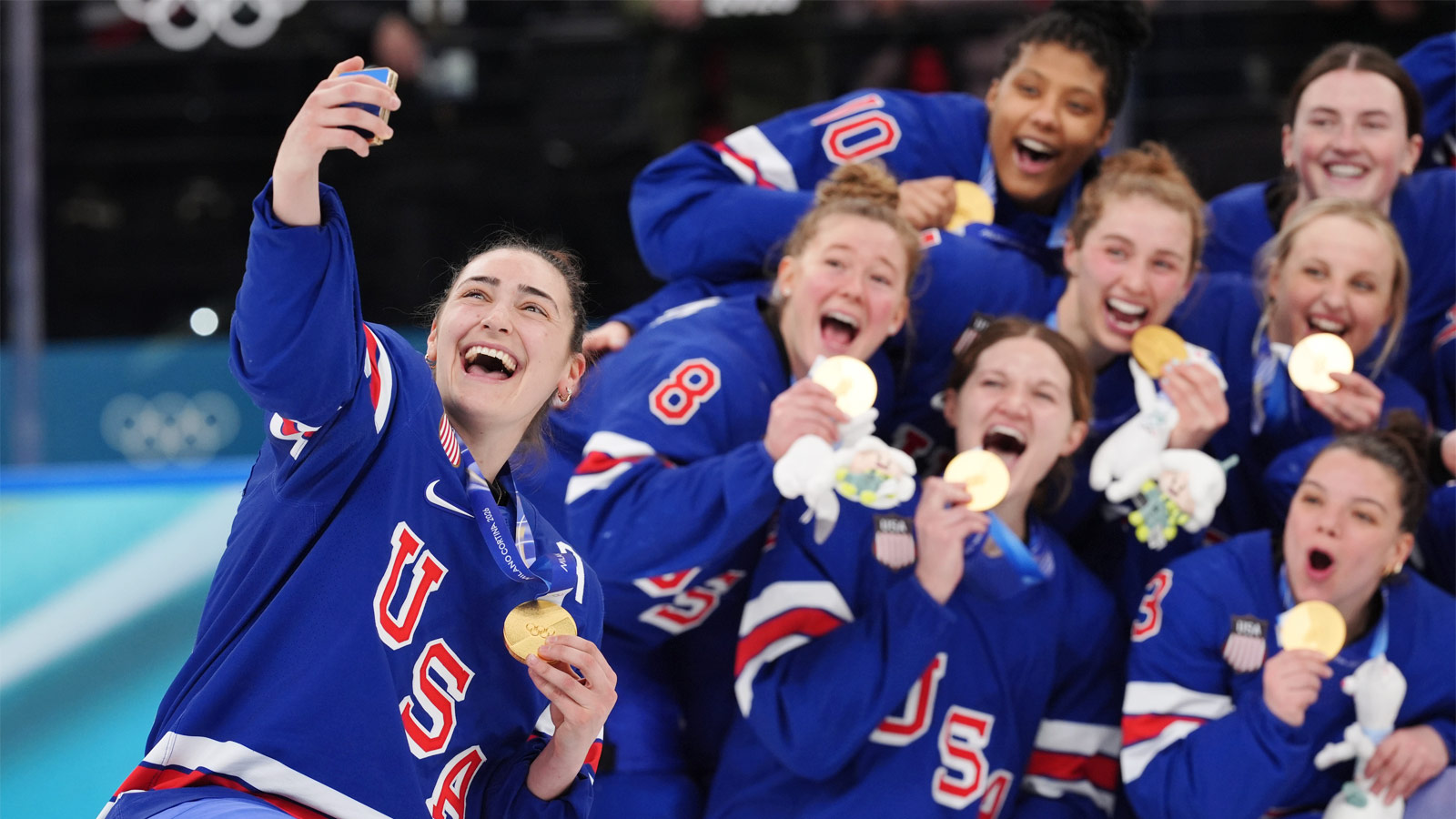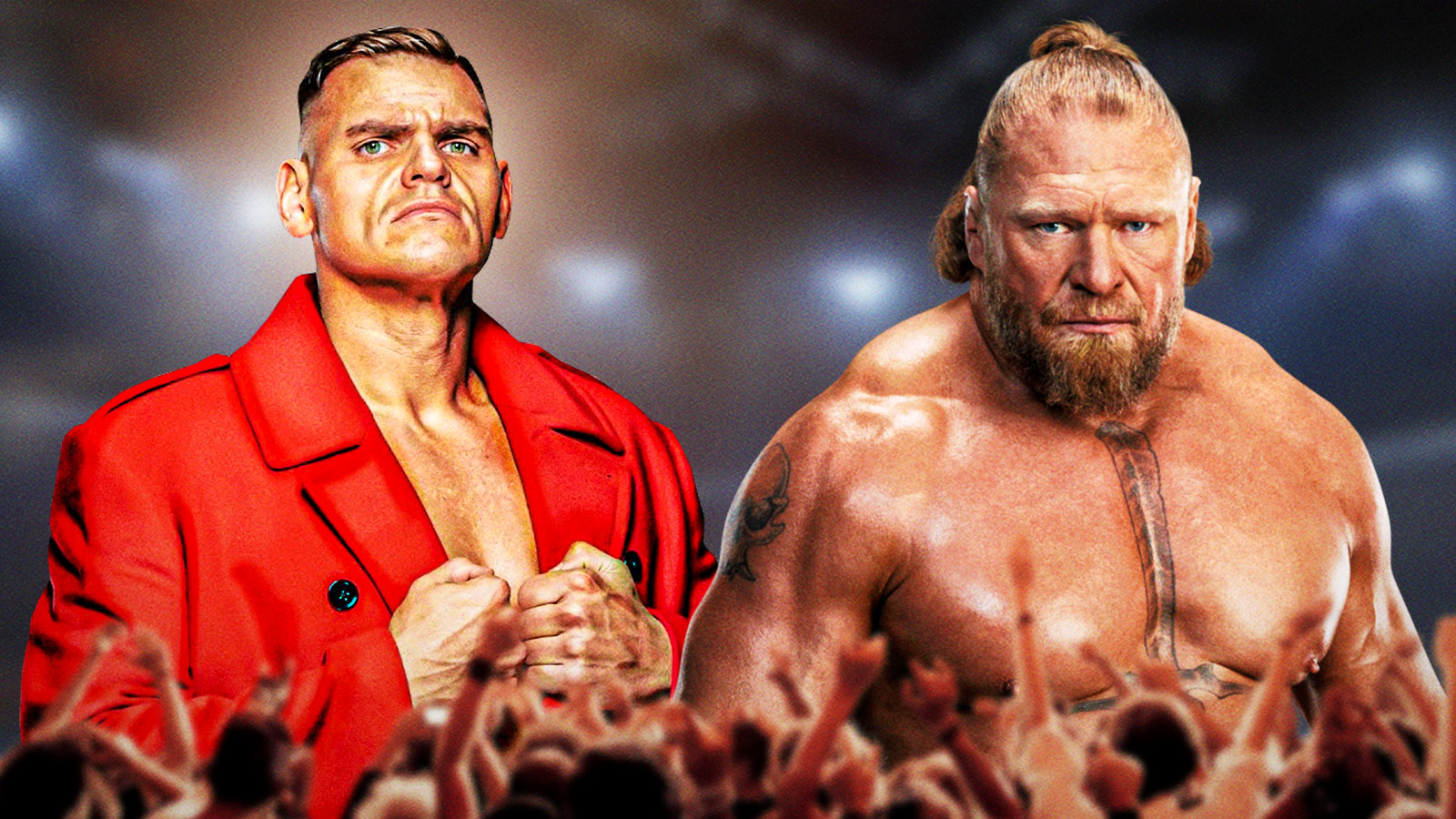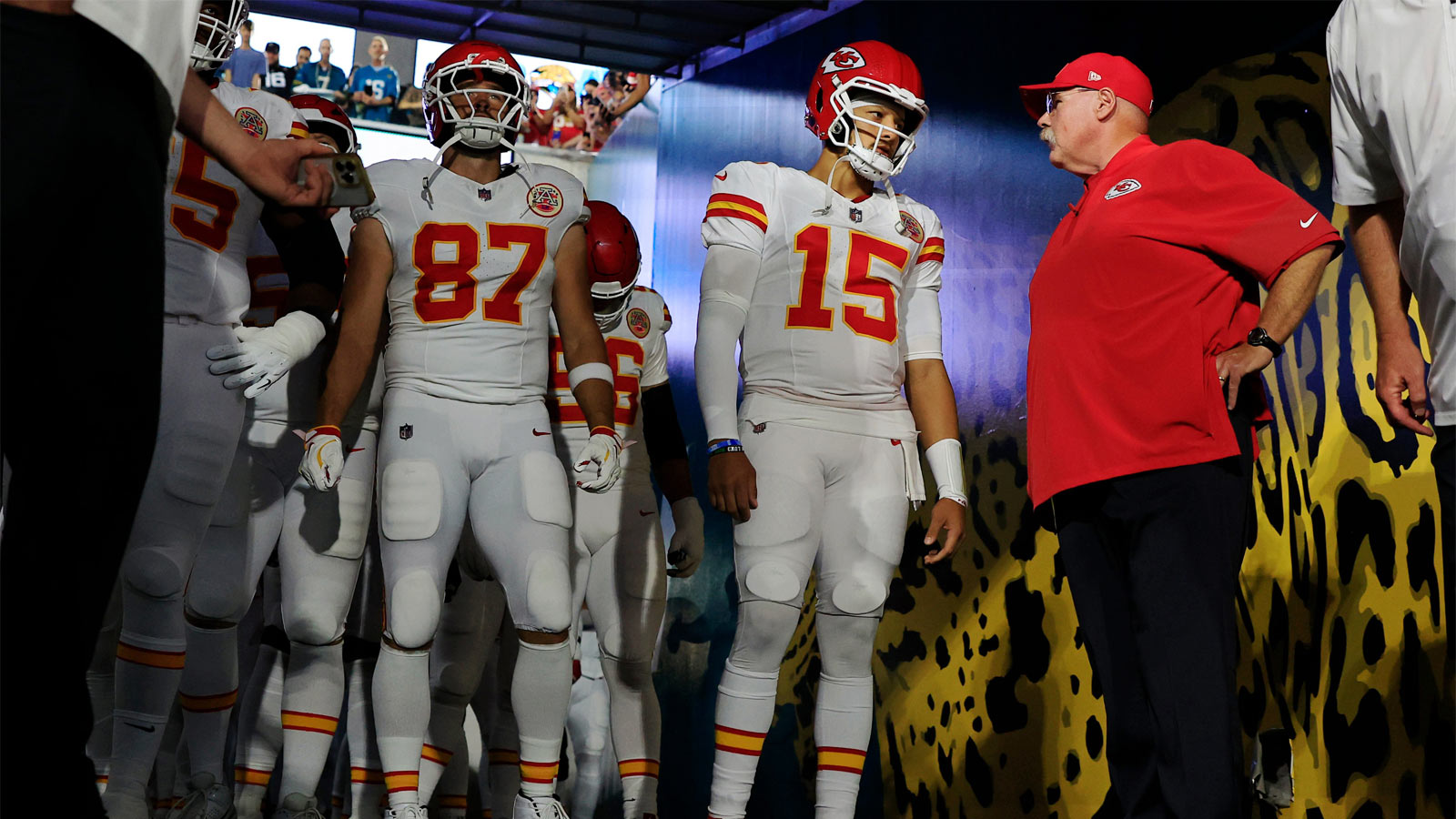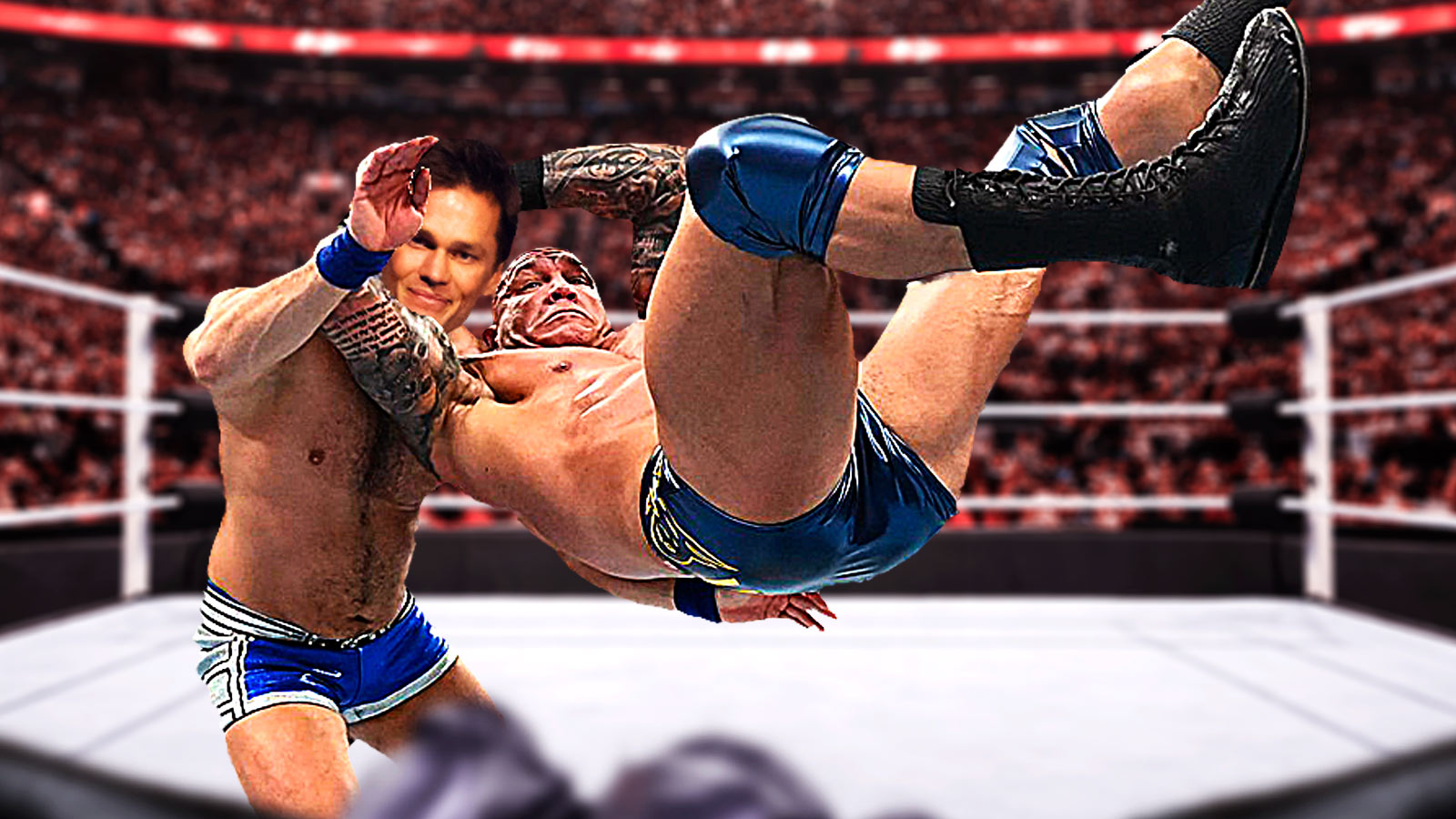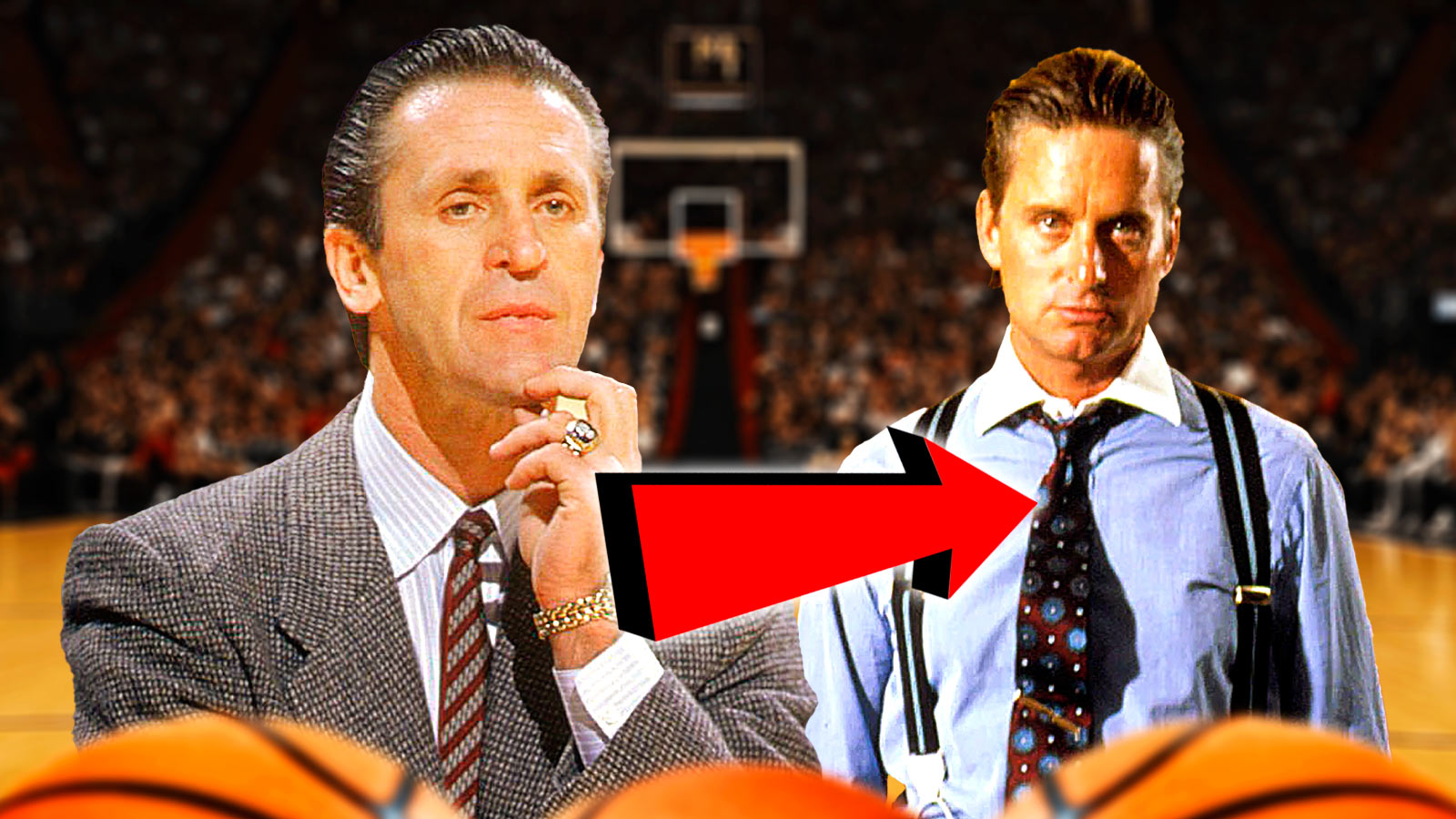With the NFL’s latest announcement, the league is under fire again. This time, it has nothing to do with blown calls or missed field goals, but who will command the Super Bowl halftime stage. After rumored talks with Taylor Swift and Adele reportedly fizzled, the NFL turned to Bad Bunny. The choice of the Puerto Rican superstar immediately sparked debate. Former NASCAR driver Danica Patrick flat-out declared, “No songs in English should not be allowed at one of America’s highest-rated television events of the year… not just for sports,” per EW. That kind of blunt criticism shows how quickly halftime choices can divide audiences. And this is far from the first time the NFL’s pick has triggered outrage before the lights even come on.
At a time in our country where Trump has ICE putting so many innocent Latinos in concentration camps and ripping apart families…
Having Bad Bunny someone who has opposed Trump openly doing the Super Bowl halftime show is such a powerful amazing statement. #AppleMusicHalftime… pic.twitter.com/ZSfKmCFGSM
— Bella (🍿🫶🏾Cinematically Emotional) (@BellaLoveNote) September 29, 2025
Bad Bunny: Language and Identity on the Biggest Stage
Bad Bunny’s selection marked history, making him the first Puerto Rican artist to headline the halftime show. For many, it was a landmark moment celebrating Latin music’s undeniable impact on American culture. But detractors saw it differently. Critics argued that his Spanish-heavy catalog was not suited for an event watched by over 100 million people in the U.S. Some even suggested that his presence was political, pointing to his past comments about ICE and immigrant communities. The backlash reveals a deeper cultural divide about whether the Super Bowl halftime stage should reflect America as it is today or as some want it to remain.
Maroon 5: Caught in the NFL’s Political Firestorm
The 2019 halftime show offered another lesson in controversy well before kickoff. Maroon 5 was announced as the headliner alongside Travis Scott and Big Boi, but instead of excitement, the NFL found itself mired in protests. The timing could not have been worse. Colin Kaepernick’s absence from the league loomed over everything, and critics accused the NFL of trying to gloss over its issues by booking safe pop acts. Artists such as Rihanna and Cardi B reportedly turned down the show in solidarity with Kaepernick. Even the press conference for the halftime show was canceled, a rare move that revealed how hot the topic had become, Vox reports. Maroon 5 suddenly became less of a music story and more of a flashpoint in the NFL’s ongoing image problem.
The Rolling Stones: Detroit Pride Meets Global Rock
Go back to 2006, when Super Bowl XL landed in Detroit, the cradle of Motown. Instead of tapping into that deep well of local music heritage, the NFL booked the Rolling Stones. While Mick Jagger and company were rock royalty, the decision sparked backlash in Detroit. Local leaders questioned why hometown legends such as Stevie Wonder or Aretha Franklin were not chosen. To make matters worse, the Stones were forced to agree to censorship of their lyrics, and microphones were cut mid-performance on “Start Me Up.” The controversy was not only about who got the slot, but also about what the NFL thought the halftime show should represent. Was it about honoring the city that hosted the game, or chasing global name recognition?
Kendrick Lamar: When Hometown Loyalty Is Ignored
Fast forward to the 2025 announcement, when Kendrick Lamar was revealed as the next halftime headliner. Normally, Lamar’s catalog and cultural clout would make him an easy win. Instead, his name stirred backlash before he ever set foot on stage. The Super Bowl was headed to New Orleans, and fans, along with high-profile names such as Birdman and Nicki Minaj, wanted Lil Wayne. To them, overlooking Wayne in his hometown was a snub not just to the rapper, but to the city’s identity. Lamar was not criticized for his artistry as much as for being in the wrong place at the wrong time. The uproar proved once again that halftime decisions can be as political and emotional as they are musical.
The Halftime Stage Will Always Be a Battleground
Each of these controversies underscores the same point: the halftime show is not just about entertainment. It is about identity, politics, and pride. Bad Bunny represents a changing America, and that unsettles some. Maroon 5 became collateral damage in a battle over Kaepernick and the NFL’s values. The Rolling Stones raised questions about respect for host cities. Kendrick Lamar’s selection reminded everyone that local loyalty matters.
The NFL can never please everyone with its choice, and maybe that is the point. The halftime show has grown into more than just a concert between football halves. It is a mirror of American culture, with all its disagreements, fractures, and aspirations. When Bad Bunny takes the stage, he will be joining a long line of artists who learned quickly that in the Super Bowl spotlight, the controversy begins long before the music.

